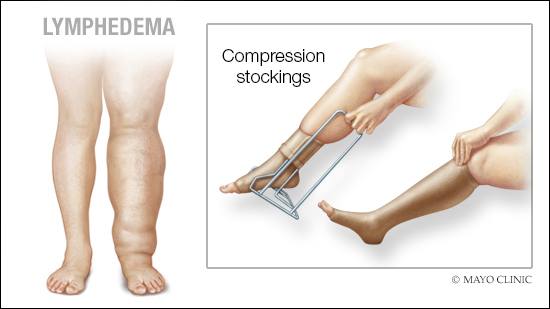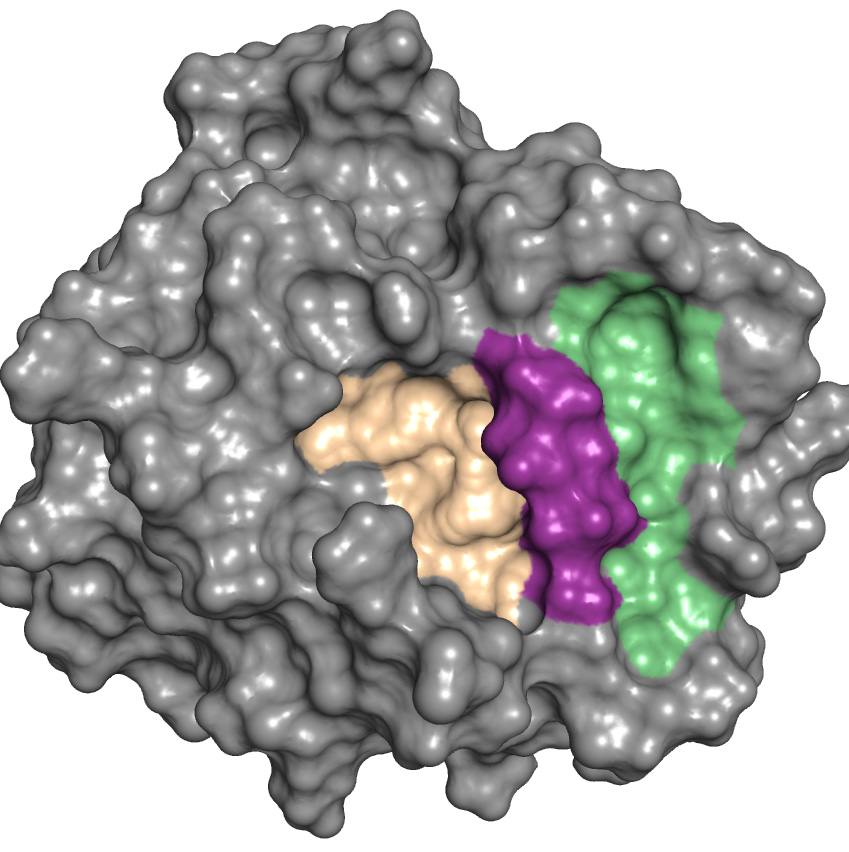-
Living With Cancer: Treating lymphedema
 Treating lymphedema
Treating lymphedema
Lymphedema most commonly is caused by the removal of, or damage to, your lymph nodes during cancer treatment. It results from a blockage in your lymphatic system, which is part of your immune system. The blockage prevents lymph fluid from draining well, and the fluid buildup leads to swelling. There's no cure for lymphedema. Treatment focuses on reducing the swelling and controlling the pain. Learn more about the treatment options that might be right for you.
Cancer survivors: Late effects of treatment
Your cancer treatment is over, but the treatments that may have saved your life also may continue to cause side effects. As more people are living longer after cancer treatment, more is becoming known about late side effects of cancer treatment. Learn about late and long-term effects of cancer treatment, so that you can take more control of your health as a cancer survivor.
Pineoblastoma
Pineoblastoma is a rare, aggressive type of cancer that begins in the cells of the brain's pineal gland. The pineal gland, located in the center of the brain, produces the hormone melatonin, which plays a role in the natural sleep-wake cycle. Pineoblastoma can occur at any age, but it tends to occur most often in young children. Learn more about the diagnosis and treatment of pineoblastoma.







